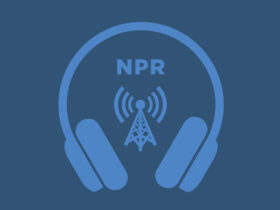Your support helps us to tell the story
From reproductive rights to climate change to Big Tech, The Independent is on the ground when the story is developing. Whether it’s investigating the financials of Elon Musk’s pro-Trump PAC or producing our latest documentary, ‘The A Word’, which shines a light on the American women fighting for reproductive rights, we know how important it is to parse out the facts from the messaging.
At such a critical moment in US history, we need reporters on the ground. Your donation allows us to keep sending journalists to speak to both sides of the story.
The Independent is trusted by Americans across the entire political spectrum. And unlike many other quality news outlets, we choose not to lock Americans out of our reporting and analysis with paywalls. We believe quality journalism should be available to everyone, paid for by those who can afford it.
Your support makes all the difference.
The Atlantic’s editor-in-chief who was inadvertently added into a Signal chat group discussing sensitive military operations in Yemen has published the messages defense secretary Pete Hegseth sent about the war plans.
After the White House and senior U.S. officials repeatedly claimed the messages Hegseth sent to the chat did not contain classified information, journalist Jeffery Goldberg was compelled to publish them.
The messages from Hegseth contain a detailed timeline of when U.S. forces would strike in Yemen and the type of weapons they would use.
“TIME NOW (1144et): Weather is FAVORABLE. Just CONFIRMED w/CENTCOM we are a GO for mission launch,” Hegseth wrote at 11:44 a.m. ET on March 15.
“CENTCOM” means the military’s central command for the Middle East.
“1215et: F-18s LAUNCH (1st strike package),” Hegseth’s messaged continued. “1345: ‘Trigger Based’ F-18 1st Strike Window Starts (Target Terrorist is @ his Known Location so SHOULD BE ON TIME – also, Strike Drones Launch (MQ-9s).”
Hegseth shared the plan approximately two hours before the bombs dropped in Yemen.
“If this text had been received by someone hostile to American interests—or someone merely indiscreet, and with access to social media—the Houthis would have had time to prepare for what was meant to be a surprise attack on their strongholds,” Goldberg writes. “The consequences for American pilots could have been catastrophic.”
The White House said it objected to the release of the messages in a statement to The Atlantic.
















Leave a Reply